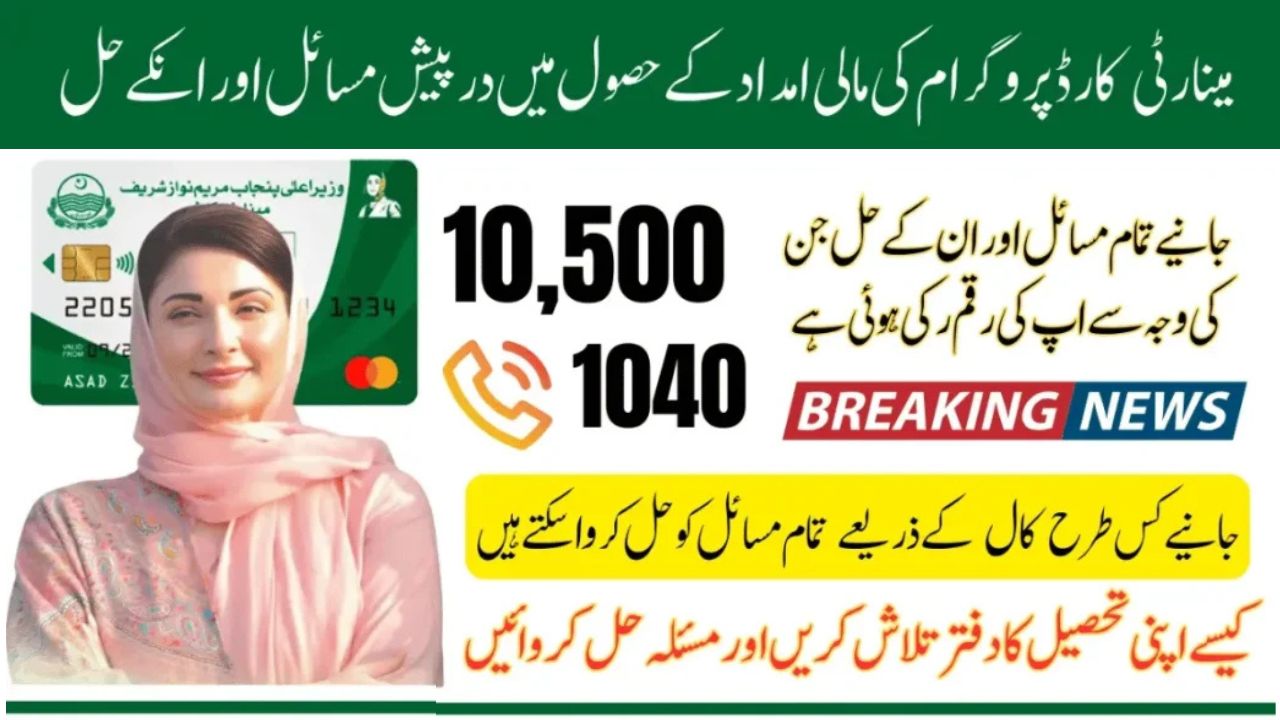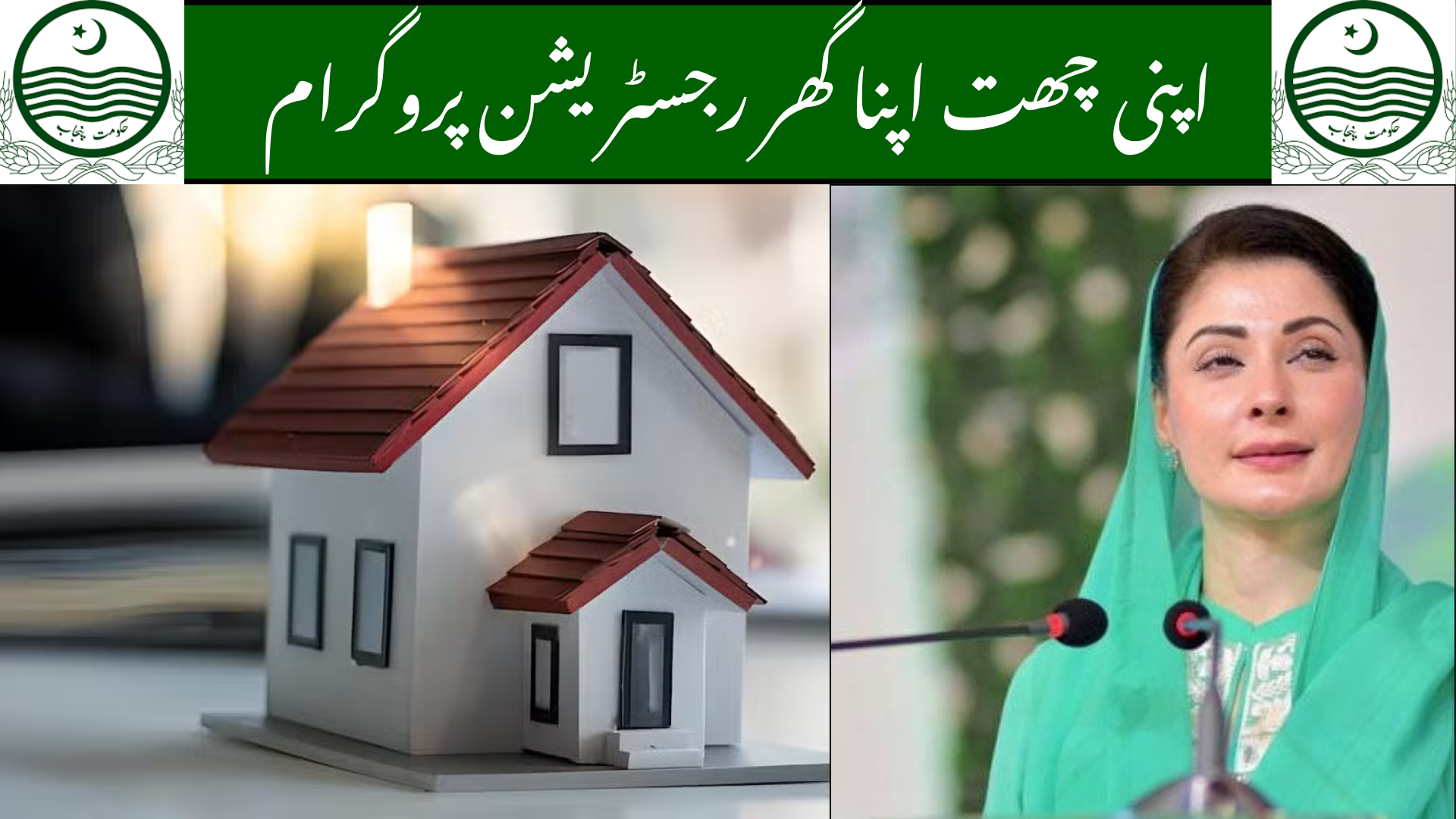Suthra Punjab Program November Update. Punjab Suthra Punjab Program has entered a stronger phase as of November 2025, introducing new cleanliness rules, monthly waste bills, and stricter penalties for littering and open dumping. This move is part of the government’s plan to make cities cleaner, greener, and smarter through modern waste management.
If you are a homeowner or shopkeeper in Punjab, here’s everything you need to know about the new cleanliness system, charges, rules, and benefits.
What’s New from November 2025
From October 2025, the Suthra Punjab Program has launched a series of new updates:
- Monthly cleanliness bills for homes and businesses.
- Zero-waste zones where open dumping is fully banned.
- Recycling and Waste-to-Energy (WTE) projects expanded across cities.
- Spot fines for littering, burning, or blocked drains.
- Helpline and complaint apps for missed pickups or overflowing bins.
These measures mark a shift from one-time cleanup campaigns to a continuous service model where waste is collected, processed, and recycled properly.
How the Suthra Punjab Program Affects You
Under the new system, every household and business will receive a monthly cleanliness bill based on property size and type. The amount you pay ensures proper garbage collection, street sweeping, and recycling.
Impact Overview
| Property Type | Typical Charge (Approx.) | Notes |
|---|---|---|
| 5-Marla House | ~Rs. 300 per month | Basic residential slab |
| 10-Marla House | Higher than 5-Marla | Next billing slab |
| 1-Kanal & Above | Progressively higher | Based on size and waste output |
| Small Shops / Offices | Above residential rates | Business use |
| Large Outlets / Plazas | Up to ~Rs. 5,000 per month | Category-dependent |
Your official bill, issued by the municipal body, defines the exact amount for your address.
Zero-Waste Zones – Rules That Matter
Selected neighborhoods are now declared Zero-Waste Zones, meaning stricter laws apply:
- No open dumping or burning of garbage.
- Segregate waste at home into wet (kitchen) and dry (plastic, paper, metal) bins.
- Follow collection schedules – put waste out only during assigned hours.
- Report missed pickups using official helplines or mobile apps.
Penalties in Zero-Waste Areas
- Rs. 500 – Rs. 5,000 fine for illegal dumping.
- Repeat offenders may face temporary service suspension.
- Businesses must show proof of proper disposal during inspection.
Why These Changes Were Made
The Suthra Punjab Program aims to move from reactive cleanup to proactive clean living.
Here’s the logic behind the reform:
- Segregation at source boosts recycling rates.
- Recycling and WTE plants turn trash into resources and energy.
- Billing system ensures consistent funding for equipment and workers.
- Accountability framework makes citizens and municipalities equally responsible.
This modern model follows international standards already used in countries like Singapore and Malaysia.
Tangible Benefits for Residents
- Cleaner streets and no open garbage heaps.
- Improved public health with fewer mosquitoes and diseases.
- Fair charges based on property size instead of flat rates.
- Reduced pollution as landfill use drops and recycling increases.
- Electricity generation through WTE projects that use non-recyclable waste.
Compliance Checklist for Households & Shops
| Step | Action | Why It Matters |
|---|---|---|
| 1 | Keep two bins (wet & dry) | Supports recycling process |
| 2 | Tie bags properly before collection | Prevents spillage |
| 3 | Place waste only in designated time slot | Keeps streets clean |
| 4 | Avoid dumping near drains or plots | Prevents blockages |
| 5 | Keep receipts and bills safe | Needed for inspection |
| 6 | Ensure private collectors use official sites | Stops illegal dumping |
Fees, Fines & Appeals
All cleanliness fees are slab-based and officially published by municipal bodies.
Failure to pay on time can result in:
- Late fees or service suspension.
- Penalties for littering or burning waste.
If you think your bill is incorrect:
- Use the official complaint portal.
- Provide your property ID and photos (if relevant).
- Track your case status online.
Recycling and Waste-to-Energy (WTE): The Big Picture
Recycling succeeds when households separate materials at the source.
Clean, dry recyclables like paper, plastic, and metal have higher value and can be sold to recycling units.
Residual waste that cannot be recycled goes to WTE plants, which:
- Produce electricity from waste.
- Cut greenhouse gas emissions from landfills.
- Reduce methane pollution, making Punjab greener.
Simple Segregation Example
| Type of Waste | Bin Color | What to Include |
|---|---|---|
| Wet Waste | Green Bin | Food scraps, vegetable peels |
| Dry Waste | Blue Bin | Paper, plastic, metal, cartons |
| Hazardous | Red Bag | Batteries, razors, old medicine |
Pro Tips for Households and Shops
- Label your bins to avoid mix-ups.
- Set weekly reminders for pickup times.
- Train staff at shops for proper disposal.
- Maintain a simple logbook for missed collections.
- Always use official channels for complaints instead of posting on social media.
FAQs About Suthra Punjab Program
Q1. What is the monthly bill for a 5-Marla house?
Around Rs. 300 per month, but it depends on your municipality and slab.
Q2. Are all areas under the same charges?
No. Each city has its own notification with different slabs and phases.
Q3. What if my pickup is missed?
Report it via the official helpline or mobile app with date and photo evidence.
Q4. Do I have to segregate my waste?
Yes. Segregation is mandatory for all zero-waste zones and helps reduce fees.
Q5. Can I dump waste on an empty plot?
No. That is illegal and can lead to heavy fines or legal action.
Conclusion
The Suthra Punjab Program 2025 represents a new era of urban cleanliness and responsible citizenship.
By paying your monthly bill, separating your waste, and following the rules, you help build a cleaner, safer, and greener Punjab for everyone.
A small fee today means better public health, less pollution, and a beautiful city tomorrow so join the clean movement and support the Suthra Punjab Program.

















